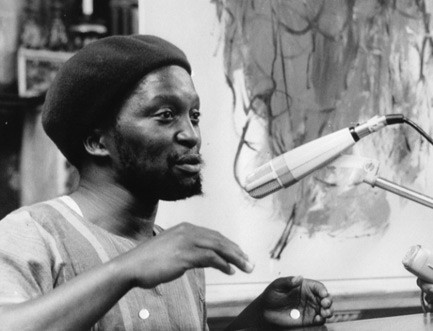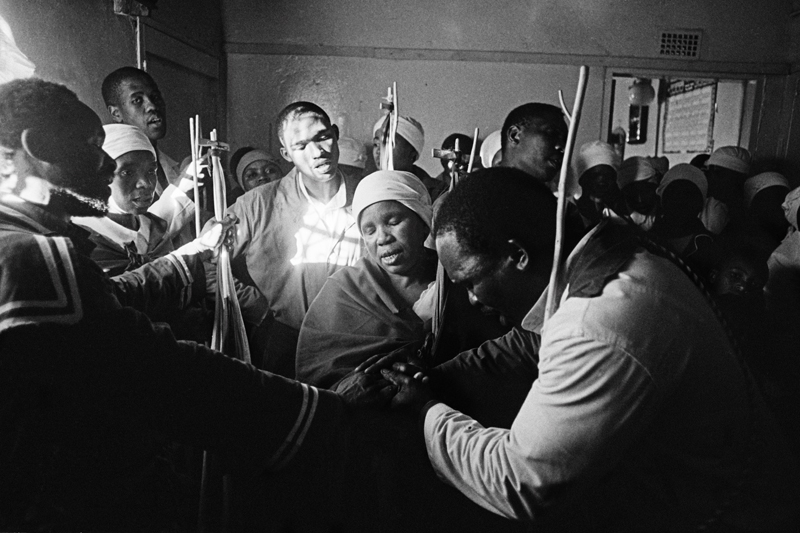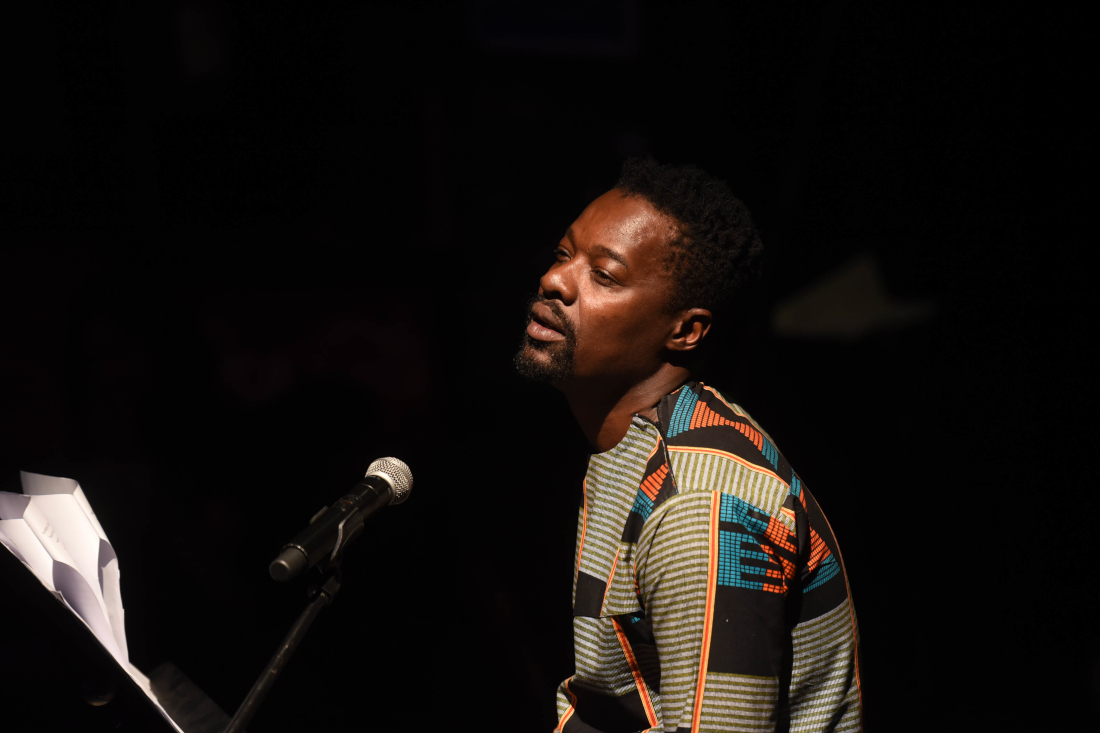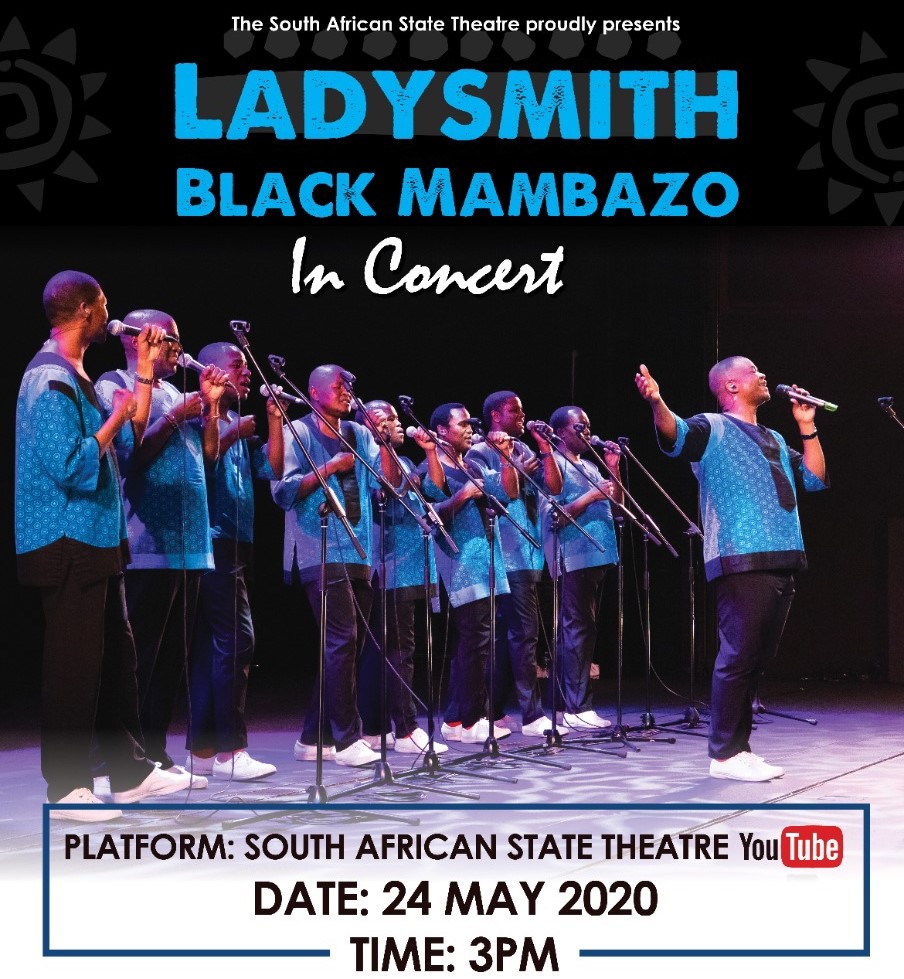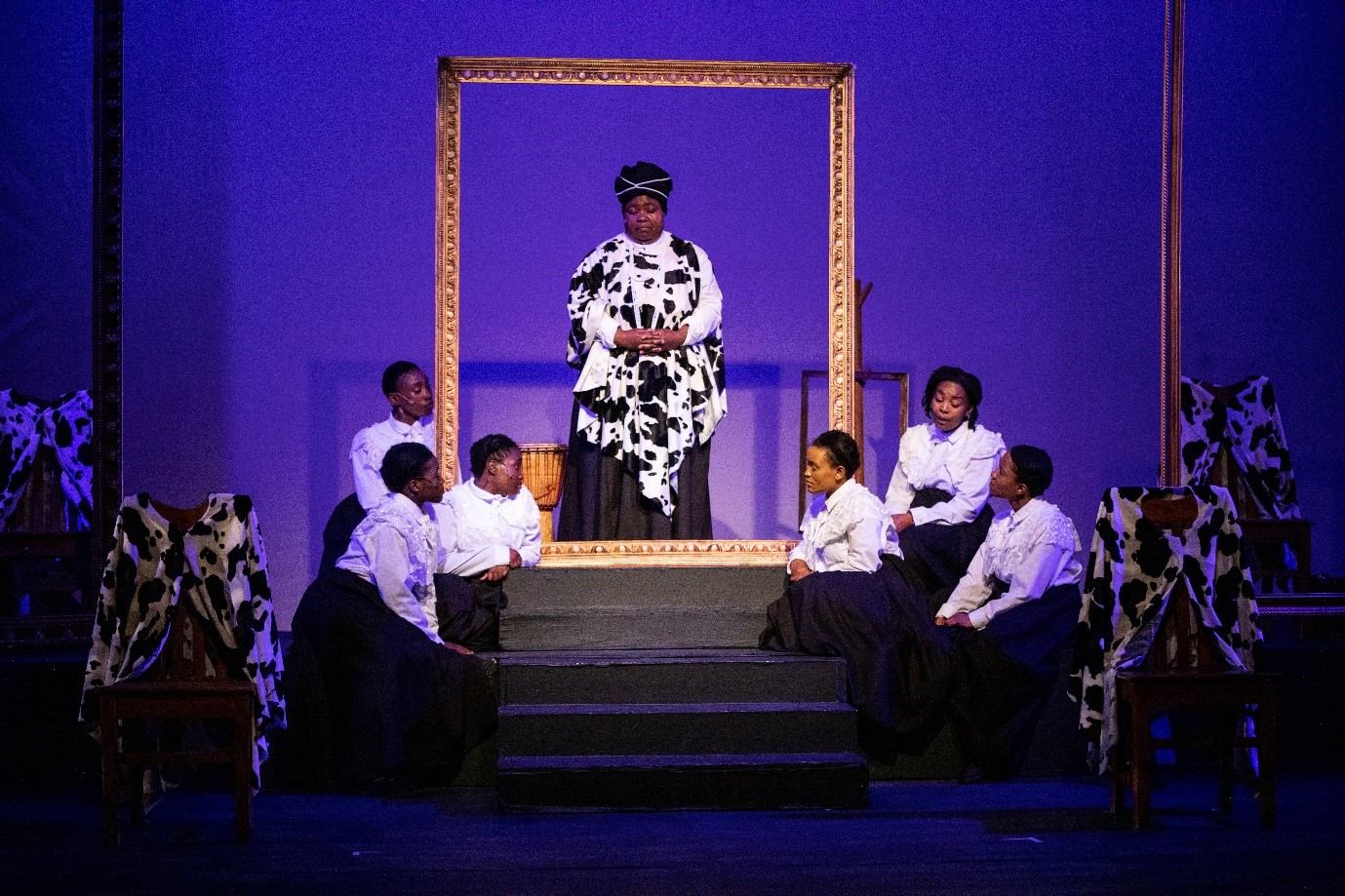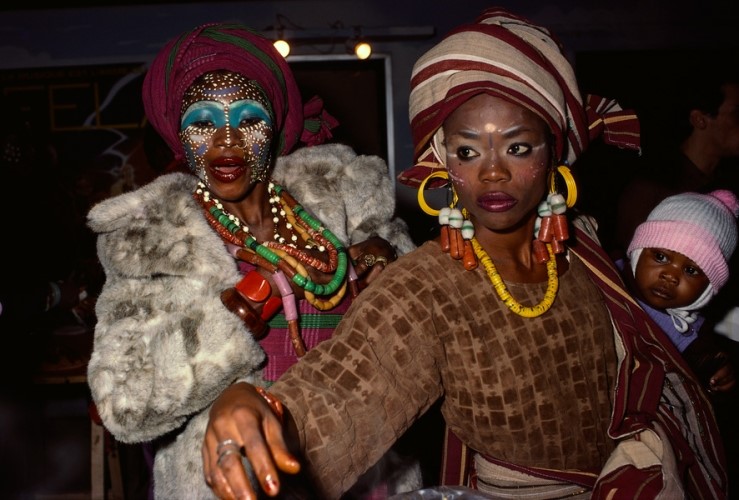By way of opening this abridgement regarding my doctorate, it ought to be stipulated from the onset, that the complete title of my doctoral thesis, was entitled Es’kia Mphahlele’s Afrocentric Pan-African Humanism Paradigm: Contributing towards Decolonisation of International Relations (2019). Although this thesis may be read autonomously, prospective readers are however advised, that in order to fully appreciate its contents, they have to contextualize this thesis, as a sequel to its predecessor, in the form of my masters (MA) dissertation, which was entitled Africa’s Contribution to International Relations Theory: An Afrocentric Philosophical Enquiry (2012). Being mindful of the aforesaid remark, may help readers to not just be aware but to also grasp, that there is background to the bulk of contents they will encounter, in the 284 pages of my doctorate.
For the record my doctoral thesis proceeded onward, as regards its exploration, from where my preceding study commenced, by relying on an Afrocentric premise, when exploring the theme of ‘Africa’s Contribution to International Relations (IR)’. The difference that sets this doctoral study apart, from its predecessor, was that as a sequel investigation, consistent with the aim of seeking for ‘black’ South African’s who may be noteworthy, to be considered as IR scholars, this sequel investigation thus opted to select a ‘black’ South African scholar, in the form of Es’kia Mphahlele and explore his ‘Afrikan Humanism’ insights. This decision was carefully undertaken, in order to be aligned with the theme of ‘Decolonisation of IR’. This decision was importantly inspired, guided and encouraged, by the sought-after calls to do with ‘epistemic disobedience’. Adopting such an attitude when conducting such critical work, was regarded as necessary mostly for the following two reasons. The first reason, was in order to satisfy my longstanding interest, to do with the quagmire of sparseness of ‘black’ South African scholars, specifically in IR (as one of the branches of Political Science). The second reason, had to do with curiosity of seeking to realize, how marginalized scholars may be identified and brought forth, for consideration as an IR scholar.
Although the dilemma that has arisen, as a consequence of Westerncentric dogma in curriculums across the world (in both empire/metropolis and colonies) spans centuries, attempts to decolonise education globally has seemingly, only gathered momentum in the past few decades. Mindful of the latter backdrop, the discipline of IR, as a branch of Political Science, has similarly been guilty of being made up of the same colonially informed script, stemming from its intellectual roots of Western Philosophy. It should thus have not come as a surprise, that authorities of IR, comprised of strictly Westerncentric male scholars alongside their thoughts, presented as IR ‘theories’. For example a typical list of the latter, may include so called ‘philosophical radicals’, who have pioneered a theory, such as ‘Utilitarianism’, by namely the English philosopher of law, language and ethics Jeremy Bentham (1748-1832), Scottish philosopher and economist James Mill (1773-1836) and alas English Philosopher and Economist John Stuart Mill (1806-1873). The latter parochialism is problematic, as such scholars, enjoy hegemony over non-Western scholars.
The study set out to realize its research aims, by significantly relying upon literature, concerned with a ‘Decolonial Turn’. The relevant literature, which focused upon ‘decolonising IR’ was however obtained, alongside other sources, to complement the selected, hybrid methodologies of the Life History/Story and Contrapuntal Analysis. My study ambitiously undertook to argue, that it was via the latter selected hybrid approaches wherein possibilities increased, to contest the Core/Mainstream Eurocentric IRT narratives. General examples of IRT include ‘Realism’, ‘Liberalism’, ‘International Political Economy Theories’ (‘Neo-Marxist Critique’ and ‘Liberal’ and ‘Realist International Political Economy theories’). This sample highlights the level, of Eurocentric hegemony in a discipline, that claims to be ‘international’ yet it turns out to instead, be suffering from ‘Westerncentric provincialism’. Such shortcomings inspired this study, to explicitly focus upon addressing the curiosity, of those that have been ‘othered’, to find out whether the suggested rationale of considering, South Africa’s Es’kia Mphahlele, as a befitting scholar in IR, may possibly add any value, within the discourse of ‘Decolonizing Africa’s IR’.
Findings and Recommendations
As a sequel exploration, inspiration to pursue this study was ignited, by qualms about the lack of Africa’s contribution to IR. Addressing such doubts, meant transcending the ‘Core IRT’. I argued that on the basis of the earlier mentioned hybrid method, it was possible to challenge the marginalization of Africa’s contribution to IR, which has been epistemically advanced by adherents of Core IRT. I perceive my study to have been expository, owing to the fact that I seeked prospects, which could conceivably support South Africa’s Es’kia Mphahlele’s thoughts, specifically under his preferred rubric of ‘Afrikan Humanism’. For purposes of my investigation, I contentiously proposed that the latter, once reasonably qualified as an ‘Afrocentric Pan-African Paradigm’, could in his own right arguably be worthy of consideration, as part of a sought-after ‘Decolonised IR’ theme, relevant locally in South Africa and beyond. Future scholars of IR may heretofore interrogate the insights presented in my study, on the strength of what I recommended, to be considered as Es’kia Mphahlele’s ‘Afrocentric-Pan-African Humanism’ contribution, to IR.



